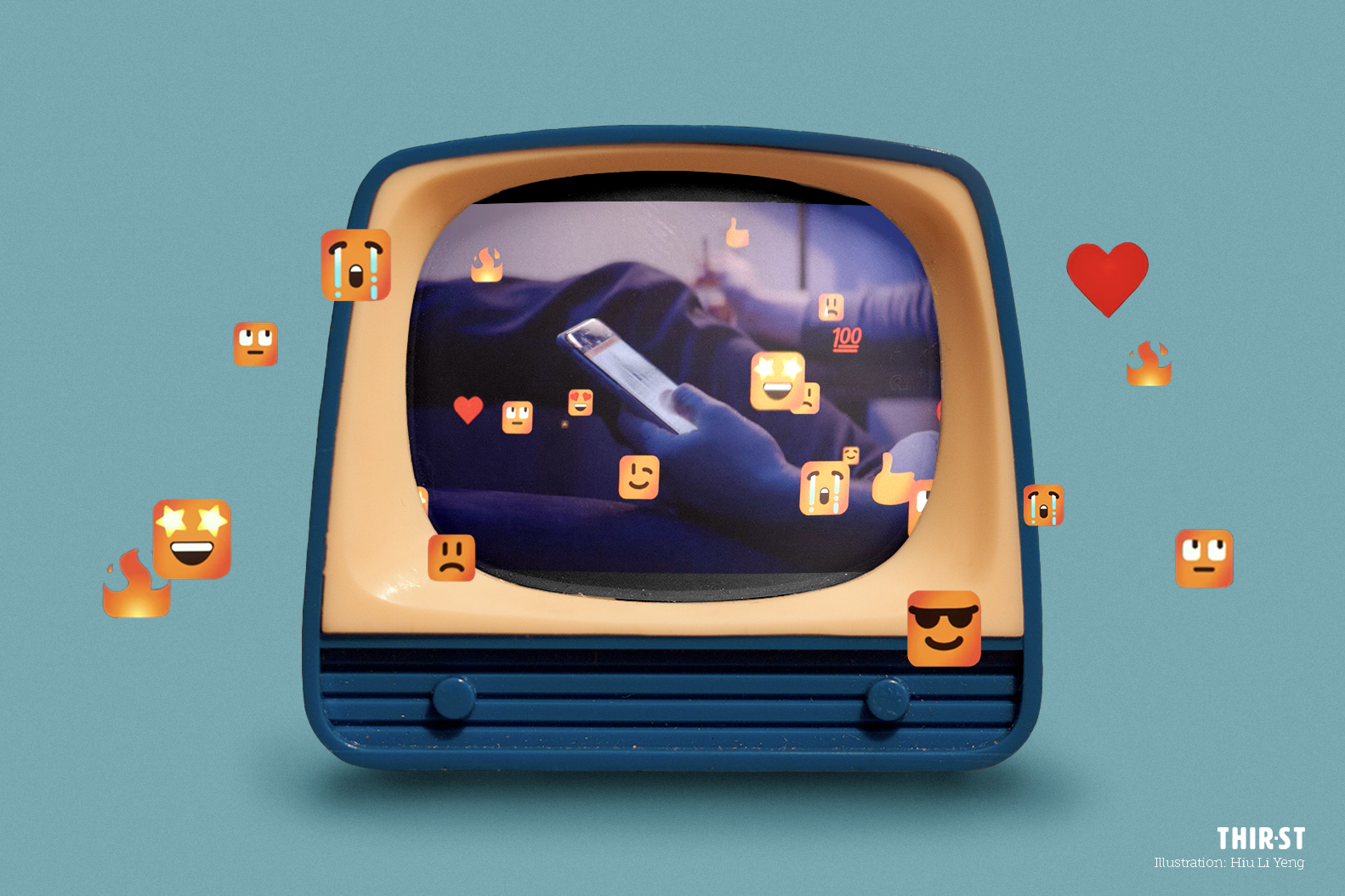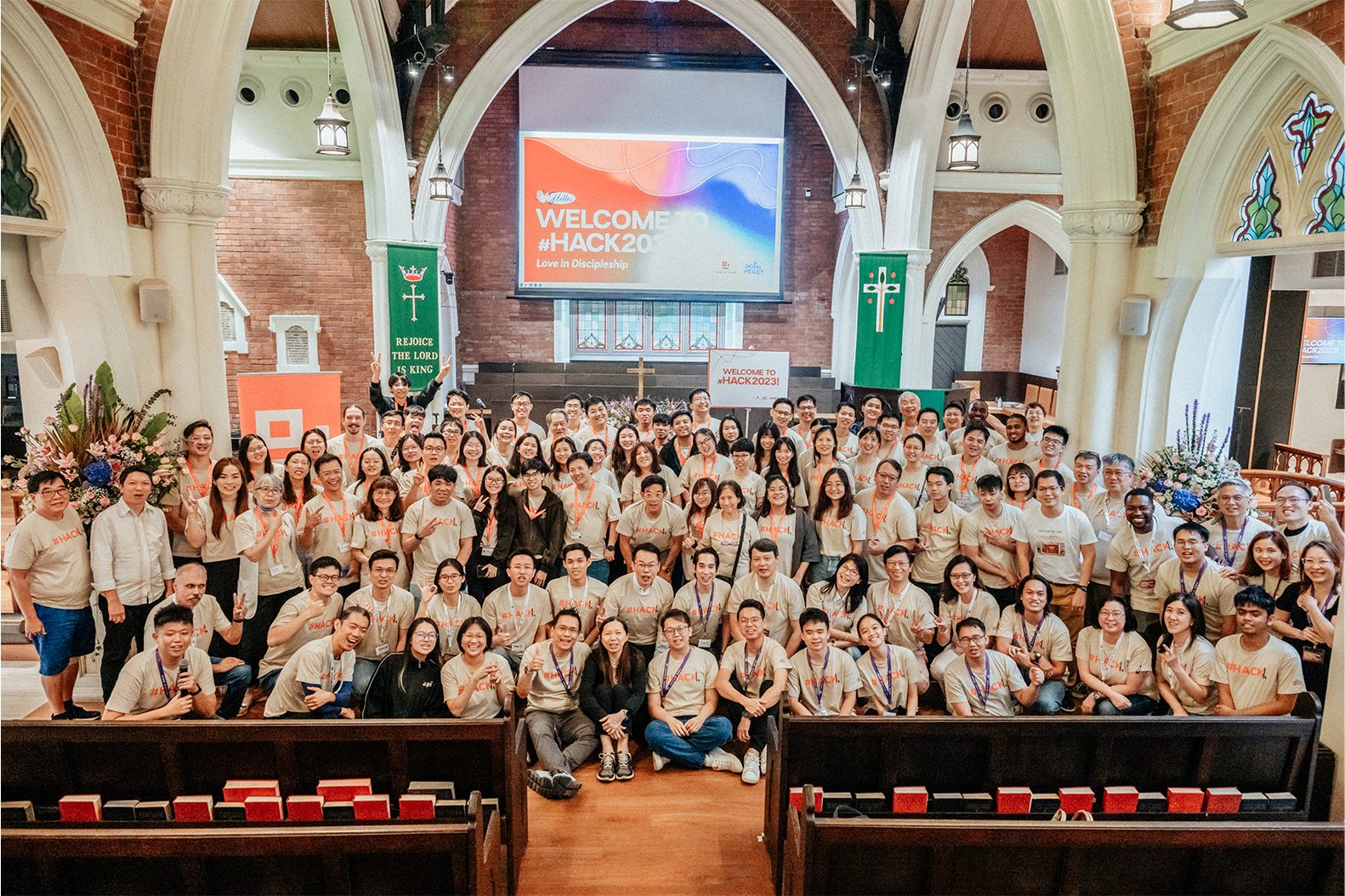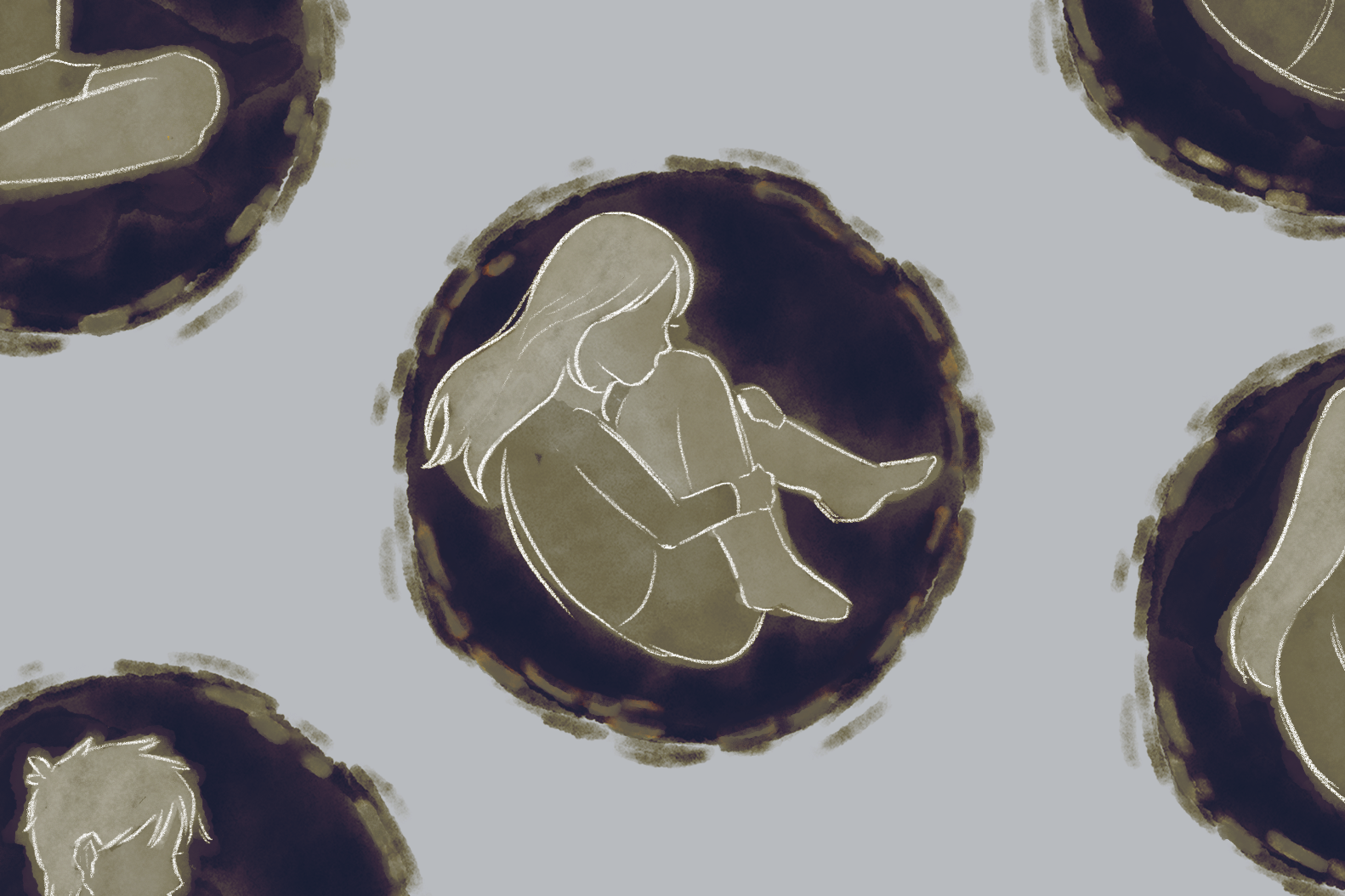Sitting comfortably at #3 on Netflix for some time, The Social Dilemma (TSD) is probably the single best thing I’ve watched on the streaming platform all year.
It’s a documentary that offers a stirring and sobering examination of the effects devices and the digital world have had on human lives.
Director Jeff Orlowski’s 93-minute film goes back and forth between interviews with tech industry giants who’ve turned their backs on Silicon Valley, and fictionalised segments of a family struggling against tech addiction and dependency.
It’s not without its flaws (overdramatisation and certain lines of arguments), but it’s still made for a lot of food for thought.
We’re being sold and controlled. And for what?
As you may have surmised from the headline, I am someone who’s left social media. There were two main reasons for doing so.
- I didn’t want to waste time trying to be somebody else and impressing people who don’t care.
- I found it hard to keep my eyes pure in today’s digital world.
So a lot of the points made by the Silicon Valley dissenters in TSD really resonated with my experience. I’ll list the ones that really stayed with me.
1. WE’RE BEING SOLD
Early on in the film, Roger McNamee, tech investor and one of Facebook’s early investors, paints a problematic picture of Silicon Valley as he’s seen the industry evolve.
“I’ve been an investor in technology for 35 years. The first 50 years of Silicon Valley, the industry made products – hardware, software – and sold ’em to customers. Nice, simple business. For the last 10 years, the biggest companies in Silicon Valley have been in the business of selling their users.”
This insidious inversion of the business model is then explained by infinite scroll inventor Aza Raskin: “We don’t pay for the products we use. Advertisers pay for the products that we use. Advertisers are the customers. We’re the thing being sold.”
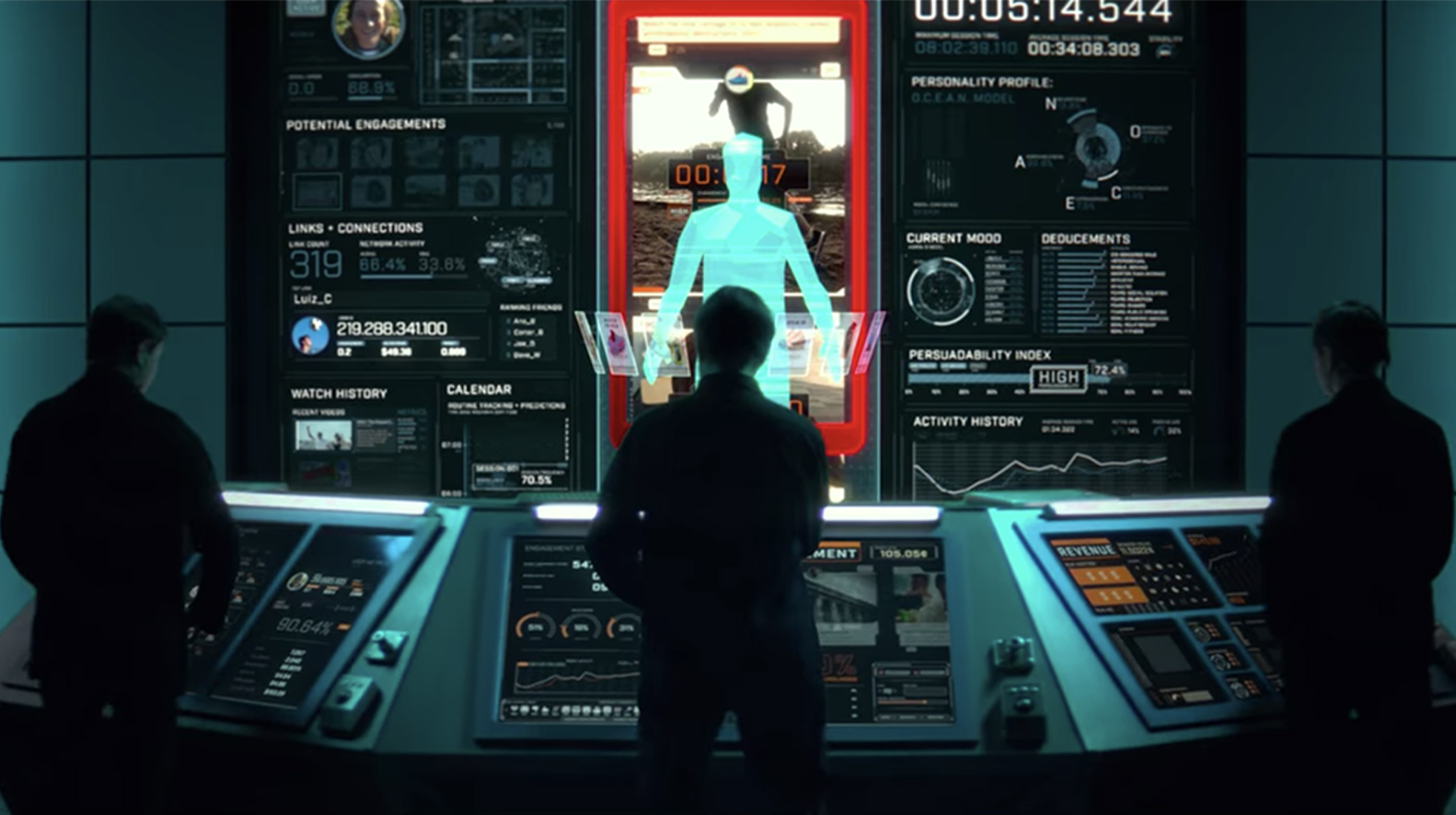
So the specific commodity being traded is attention, which is why every business model of the largest social media companies like Instagram, TikTok and YouTube are geared towards keeping people engaged on the screen.
It’s a nefarious strategy that’s summed up by Tim Kendall, former executive at Facebook and former president of Pinterest, in just two questions: “How much time can we get you to spend? How much of your life can we get you to give us?”
Think that’s bad? Then check out how Jaron Lanier, founding father of virtual reality, says this problematic business model is even worse than we think: “It’s the gradual, slight, imperceptible change in your own behaviour and perception that is the product.”
To him, the problem is so severe and far-reaching because the tech we are so dependent on changes what we do and how we think. It comes to shape who we are.
2. WE’RE BEING CONTROLLED
If you own a smartphone, you know just how naked and strange you can feel when you’re away from it.
It’s an unhealthy dependence that’s exacerbated by the manipulative conditioning techniques built into the fabric and design of the apps we use.
In TSD’s second segment on persuasive technology, Tristan Harris, former design ethicist at Google and co-founder of Center for Humane Technology, explains that a great deal of tech actually aims at behavioural modification.
What drives it all?
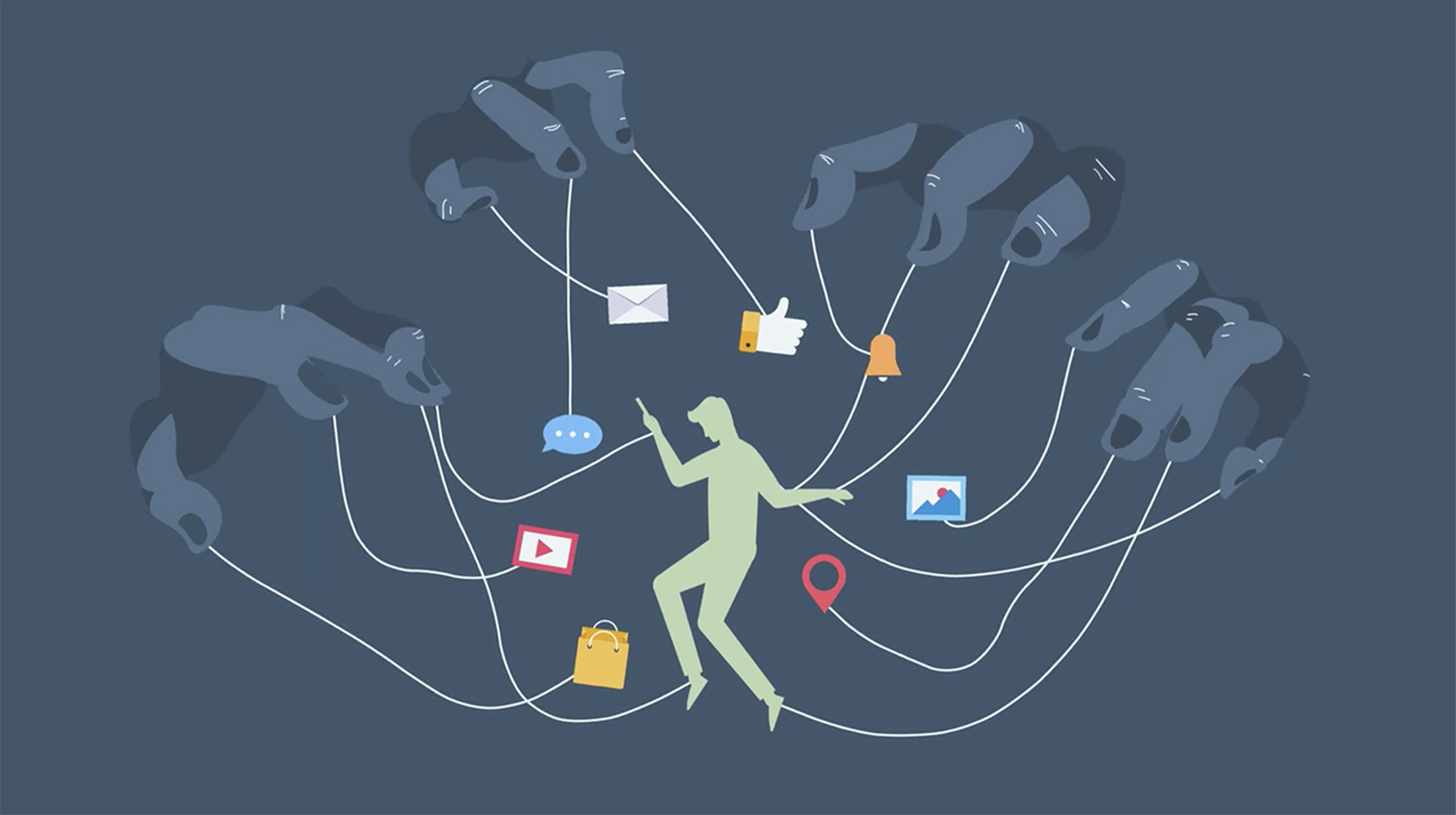
Positive intermittent reinforcement, says Joe Toscano, former experience design consultant at Google.
“You pull down and you refresh, it’s gonna be a new thing at the top. Pull down and refresh again, it’s new. Every single time.”
Harris says it’s frightfully close to gambling: “It’s not enough that you use the product consciously. I wanna dig down deeper into the brain stem and implant, inside of you, an unconscious habit, so that you are being programmed at a deeper level. You don’t even realise it.”
That’s the reason why we fiddle with our phones when there’s nothing to do, and why we do the same even when there is something to do.
So at this point, we’re being sold and controlled. And for what?
3. WE’RE STILL EMPTY
Chamath Palihapitiya, another former executive at Facebook, dropped some of the biggest truth bombs, so I won’t do him a disservice and rephrase. Let me just stick what he said on emptiness in social media below.
“We curate our lives around this perceived sense of perfection, because we get rewarded in these short-term signals – hearts, likes, thumbs-up – and we conflate that with value, and we conflate it with truth.
“And instead what it really is, is fake, brittle popularity that’s short term and that leaves you even more, and admit it, vacant and empty before you did it. Because then it forces you into this vicious cycle, where you’re like, ‘What’s the next thing I need to do now? ‘Cause I need it back.”
I’ll corroborate that at the expense of my pride. I don’t use my Instagram account anymore, but my wife still keeps it tied to hers for some of the pictures we used to have on it.
Whenever I go back on Instagram and look through some of these pictures, there’s always a rush of good memories (the more “recent” ones are always milestones for our relationship).
Scroll a little further down in my feed, however, and things get increasingly uncomfortable. I start to notice pictures being taken to accentuate certain things.

Like the car keys of a younger fool wanting to show off he has a car. Pictures taken at certain angles and lighting to emphasise what, in truth, were still underdeveloped muscle groups.
It’s not even a healthy cringing at how I was growing up (everyone does this and it’s normal). It’s shame at an unhealthy vanity, and regret at having wasted so much time curating and crafting a fake image of my life.
I was sold and had been played. For a time in my life, I was the sort of person who would curate, craft and conceal – and all for likes!
And what scares me the most, is the sort of person I would have become had I continued down that road of self-fixation and narcissism.
So I guess, in some ways, I’m glad my account is still dormant. Some pictures in the lower end of the feed feel almost like pieces of a preserved corpse at the bottom of a tank – a gross but effective reminder for myself to stay far away from that guy.
I’m sure we’ve all heard slogans like do it for the ‘gram. Looking back, I’m guilty of that. But it’s extra silly because as a Christian, I have God. At every turn, I have a better option.
Instead of “fake”, I can choose real. Instead of “brittle popularity” with man, I can have an unshakeable acceptance from God. Instead of something “short term”, I have something eternal.
And yet I chose the things that leave me vacant and empty.
BE CLEAR ABOUT IT
Many of us come onto these sites with the intention to “keep in touch”. But the ironic thing is that we chose mediums that make it difficult to connect deeply, most of which have changed to become arguably predatory.
Real engagement has become increasingly detached in favour of conspicuous pictures and colourless captions, which are in turn responded to and further perpetuated by vapid emojis and likes. We’ve simply forgotten how to connect with one another.
So what’s the end goal here? If it’s building or preserving friendships, we need to be clear about it. I suppose that’s how I might sum up my thoughts after watching TSD.
But while I’ve been harsh on social media, I know it isn’t inherently bad. It can be a force for good. It’s why Thir.st is on Facebook, Instagram and YouTube, and why I’m writing this article. Just trying to be a good voice, shouting into the void.
It’s our sinful nature that’s the problem. We’re the ones who are inherently bad. We’re the ones who will use anything to exploit, empty and embitter each other.
Watching TSD has given me another measure of clarity on that, as well as the fact that we truly are living in the end times.
So while choosing to stay or come off social media is a personal choice everyone makes, let us at least be mindful of the potential pitfalls the digital world presents.
Remember that the world will seek to control and conform us so that we look just like them. But we were all meant for far more than that. We must remember who we belong to ultimately, and that is Christ.
On that note, the digital world isn’t going away soon, but we need to be aware that this physical one is. While we still have this short period of mercy before judgment comes, have you accepted Jesus Christ as your Saviour?
If you already have, remember God’s calling and commission for your life. Don’t be distracted by anything to make you lose sight of that.
And if you’re on social media, may everything you do and say model Jesus to the world. I’m praying and rooting for you!
- What are you using social media for? Are your goals being achieved?
- Think about the ways in which social media has shaped who you are today. Are they largely positive or negative?
- What does it mean to glorify God and be salt and light in the digital space?


